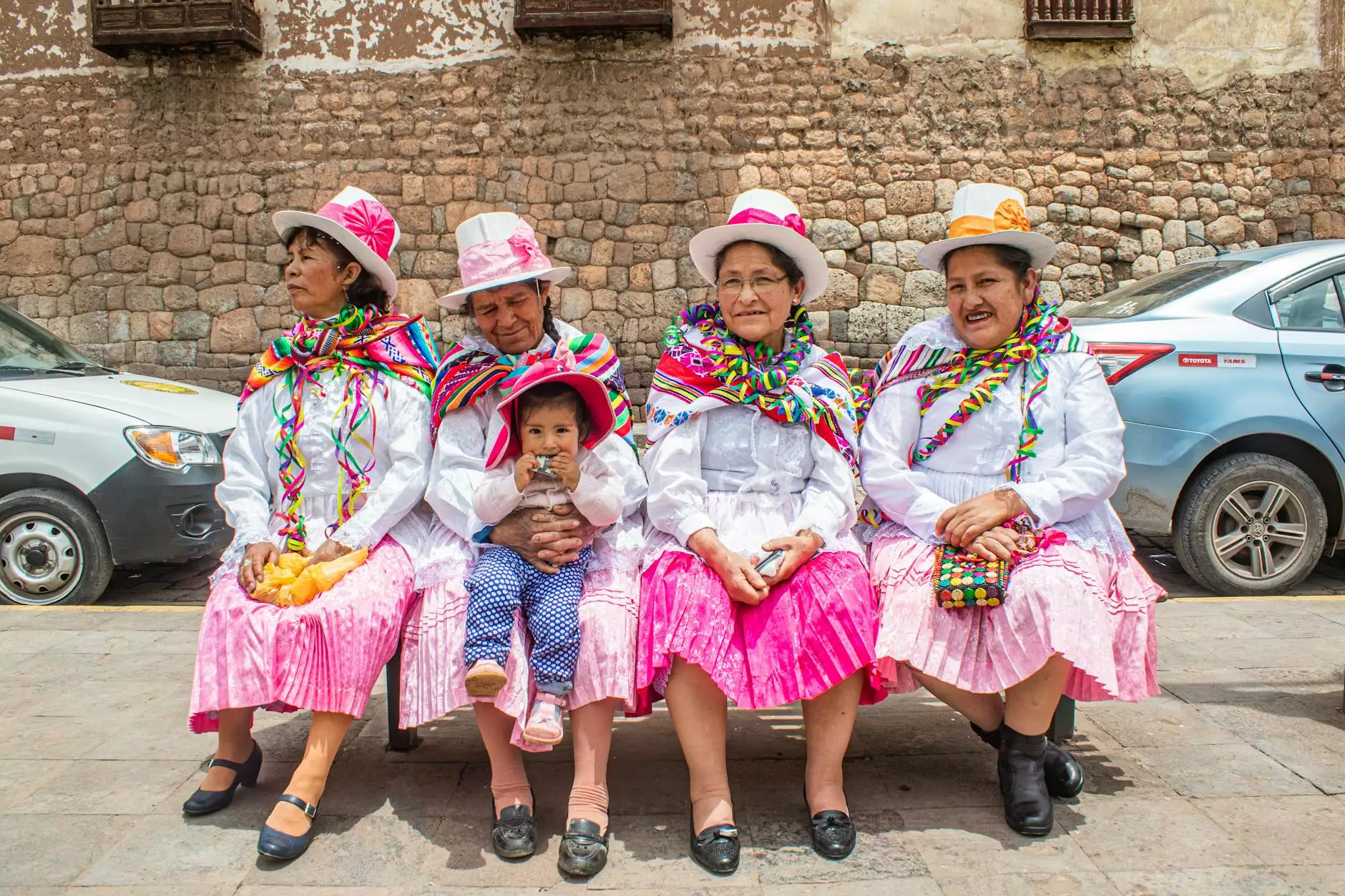The Significance of a Black Church in Our Communities

A Black church has been an integral part of African American culture, playing a vital role not only in spiritual nourishment but also in providing a sense of community, resilience, and empowerment. The history of the Black church is rich and steeped in a legacy that continues to shape the social, political, and spiritual landscapes of various communities across the United States. Let's delve into the multifaceted roles that these churches play and how they actively contribute to the community at large.
1. Historical Roots of the Black Church
The origins of a Black church date back to the time of slavery, where enslaved Africans sought solace in their faith amidst unimaginable suffering. This spiritual refuge evolved into a vital institution for African American communities. The Black church became more than a mere place of worship; it transformed into a sanctuary where individuals could gather, express their beliefs, and find strength in unity.
2. Spiritual Guidance and Community Support
At its core, the mission of a Black church is to provide spiritual guidance and cultivate strong moral foundations. The messages delivered from the pulpit often emphasize love, forgiveness, and community service.
2.1 A Safe Haven
For many, a Black church serves as a safe haven, offering emotional and physical support. Members often find solace in the sermons, which can uplift spirits and provide clarity during challenging times. Through prayer, worship, and fellowship, these churches create an inclusive environment that encourages people to express their spirituality freely.
2.2 Community Services
In addition to spiritual nourishment, many Black churches participate in various community service initiatives. These services often include:
- Food Distribution Programs: Providing meals to those in need.
- Educational Programs: Offering tutoring and mentorship for youth.
- Health Awareness: Organizing health fairs and wellness programs.
- Shelter Services: Assisting the homeless and low-income families.
These efforts are indicative of the church's commitment to not just spiritual welfare but the overall well-being of the community it serves.
3. Social Justice Advocacy
A Black church is often at the forefront of social justice movements, taking a stand on critical issues that affect the community. Through activism, these churches aim to address systemic inequalities and strive for social reforms that promote equity and justice.
3.1 Historical Context
Historically, Black churches have played pivotal roles in civil rights movements. Renowned leaders, such as Dr. Martin Luther King Jr., were often rooted in their faith and found their voices within the church. The Black church stood as a beacon of hope during the tumultuous times of segregation and racial discrimination.
3.2 Modern-Day Advocacy
In today’s context, many Black churches continue this legacy by advocating for:
- Criminal Justice Reform: Addressing disparities in incarceration rates.
- Voting Rights: Mobilizing communities to participate in elections.
- Economic Justice: Supporting local businesses and entrepreneurship.
4. Building Strong Communities
A Black church not only fosters spiritual growth but also encourages community bonding and solidarity. Through various events and programs, these churches create networks that empower individuals and families.
4.1 Fellowship and Connection
The deep sense of fellowship within a Black church nurtures strong relationships among its members. Regular gatherings, prayer meetings, and social events allow individuals to connect, share experiences, and support one another. This community sense is vital in fighting isolation and promoting mental wellness among members.
4.2 Programs for Youth Engagement
Many Black churches implement youth programs that focus on character building, leadership skills, and academic excellence. These initiatives can include:
- Vacation Bible Schools: Engaging children in learning about their faith.
- Leadership Camps: Developing future leaders within the community.
- Mentorship Programs: Connecting youth with positive role models.
Such efforts are essential in empowering the younger generation and ensuring the continuation of community values.
5. Cultural Expression and Heritage
A Black church is also a vibrant space for cultural expression. The worship experience often reflects the rich cultural heritage of the African American community.
5.1 Music and Worship
One of the most notable aspects of Black churches is their unique musical tradition. Gospel music serves as a powerful form of worship, offering both a means of expression and a way to connect deeply with spirituality. The uplifting hymns, soulful rhythms, and choir performances resonate with congregants, reinforcing communal ties.
5.2 Celebrating Heritage
The church often hosts cultural events that celebrate African American history and contributions. These celebrations can include:
- Black History Month Events: Honoring contributions of influential figures.
- Community Festivals: Showcasing art, food, and traditions.
- Storytelling Nights: Preserving and sharing the history and narratives of struggles and triumphs.
6. The Future of the Black Church
The future of a Black church is bright, yet it faces challenges and opportunities for evolution. As society progresses, churches must adapt to meet the changing needs of their communities while remaining steadfast in their mission.
6.1 Embracing Technology
With the advent of technology, many Black churches are embracing digital platforms to reach a broader audience. Virtual services, online bible studies, and social media engagement are essential tools for modern congregations to thrive.
6.2 Interfaith Collaborations
In an increasingly diverse world, many Black churches engage in interfaith dialogues and collaborations. This approach promotes understanding, cooperation, and a united front in addressing social issues, benefiting communities as a whole.
Conclusion
A Black church represents more than just a place of worship; it stands as a cornerstone of community resilience, advocacy, and cultural identity. The impact of these churches reverberates through generations, shaping not only the spiritual lives of individuals but also fostering a unified community. As they continue to evolve, Black churches remain vital in nurturing hope, social justice, and cultural pride in the fabric of society.
Call to Action
To further explore the mission and initiatives of local Black churches, consider engaging with your community. Attend a service, participate in programs, and discover the many ways in which you can connect, contribute, and support.









